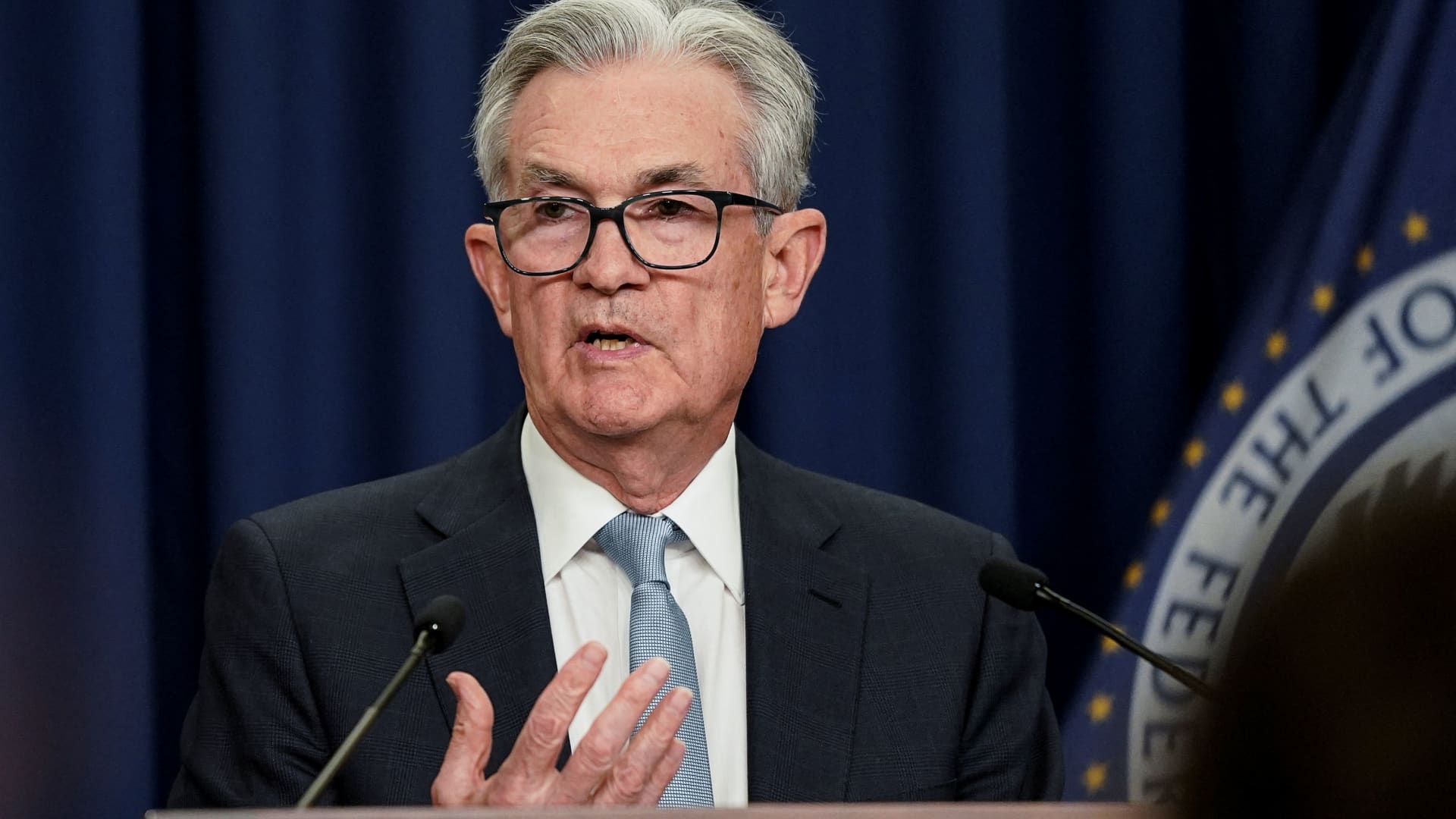
“Now is the winter of our discontent,” a most familiar line spoken by King Richard III in Shakespeare’s famous play.
While the quote is often used to suggest a winter of despair, Richard was celebrating good fortune that had come to his family.
However, the more common usage of the phrase may be appropriate for the coming cold season in Europe – a season the Federal Reserve ought to pay attention to as it charts the course of its own policies beyond the fall.
Germany, facing the potential for very limited supplies of natural gas and other energy products from Russia, has already announced that it is likely to ration natural gas, feeding it to households first and businesses second.
Europe’s biggest economy may well be headed for the equivalent of a Covid lockdown if businesses cannot fuel their activity in the dead of winter.
Germany is not the only European country that may be starved for energy this winter, an unforeseen consequence of Russia’s invasion of Ukraine and subsequent tit-for-tat sanctions and countersanctions between the West and Moscow.
Recession contagion
Here’s why the Fed should care.
A winter of discontent could throw Europe into a deep recession, an outcome already deeply discounted by markets.
The Euro is close to falling to parity with the dollar – something we haven’t seen since the Euro was first introduced as a sovereign currency.
The European Central Bank plans to raise interest rates to combat inflation, lagging the Fed’s more aggressive moves, even though the coming slowdown in Europe may well hinder the ECB’s efforts.
Add another problem to the ECB’s list, higher interest rates will disproportionately and adversely affect the most heavily indebted peripheral countries in Europe. Italy, Spain, and Portugal are the largest among them.
Can Europe and the Western world handle a European recession and another sovereign debt crisis while also trying to tame inflation? I doubt it.
Further, a European recession, coupled with a continued war in Ukraine and China’s slow economic recovery, will constrain overseas economic activity and gross domestic product growth in the United States.
The U.S. is already likely in a “technical recession” as real GDP contracted in the first quarter at a 1.6% annual rate and is expected to contract by about 2% in the June quarter. (The formal declaration of a recession considers several factors beyond just GDP.)
An ongoing and meaningful slowdown at home
The Federal Reserve does not control overseas variables, but the contagion effect from a European recession will be a headwind here at home in an economy that’s already slowing meaningfully.
It’s true that the latest employment report was stronger than expected as the economy added 372,000 new jobs in June. However, wage inflation is beginning to slow, and other inflation indicators in the U.S. have softened considerably in recent weeks.
Further, retail inventories are bulging in the U.S., which will likely lead to heavy back-to-school. This may also lead to big holiday discounting, as well.
That’s disinflationary.
Airfares have begun to decline, and raw materials prices have fallen in recent weeks.
The Fed may well be very close to meeting its objective of bringing down demand-induced inflation and — at this point — having only a modest impact on growth and employment.
Supply constraints, representing the larger input to current inflationary pressures, are beginning to ease, and they remain outside the Fed’s ability to affect them.
Beyond the expected 0.75 percentage point rate hike coming later this month, the Fed should be examining potential risks to the growth and inflation outlook. The next shock to the system may blindside them.
Like Richard III, the Fed soon may be unknowingly standing on Bosworth Field, looking for another horse to ride to escape impending doom.
Let’s hope they assess their future in a less lethal fashion than the hump-backed king.
— Ron Insana is a CNBC contributor and a senior advisor at Schroders.




